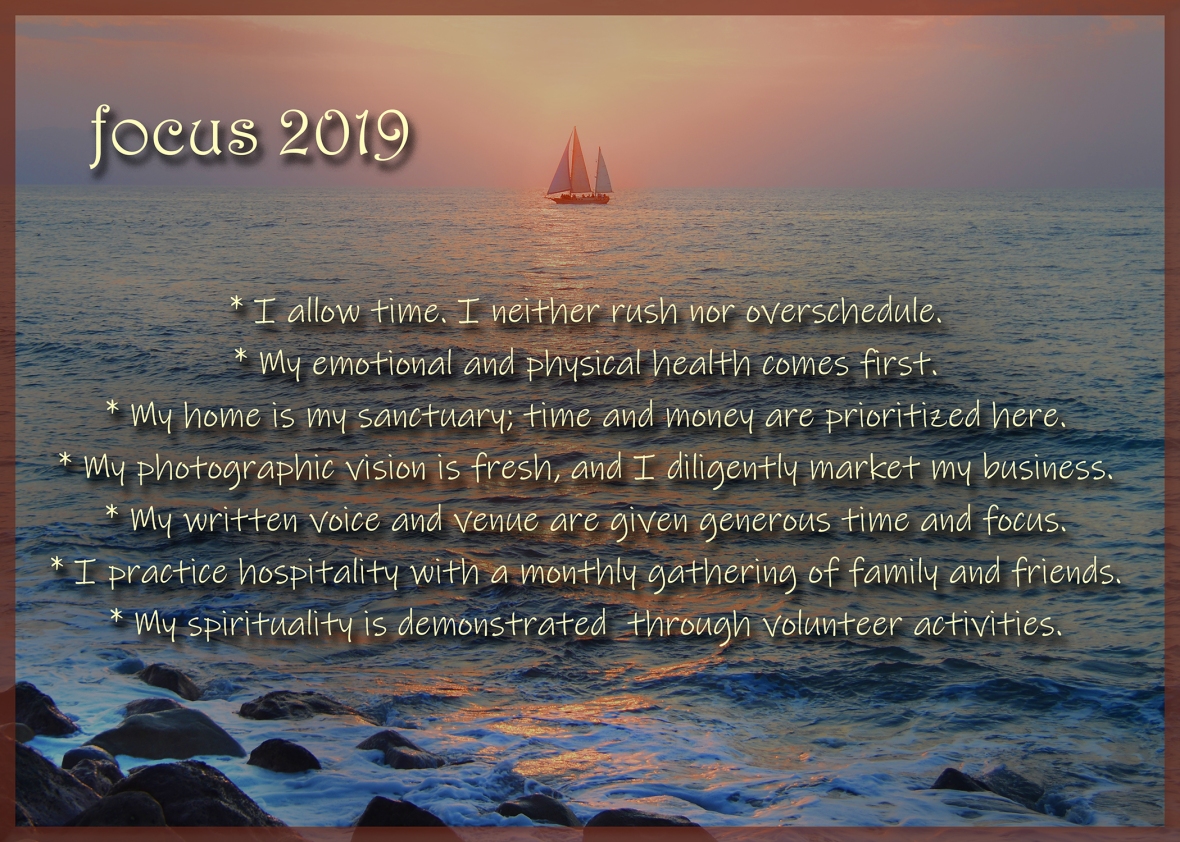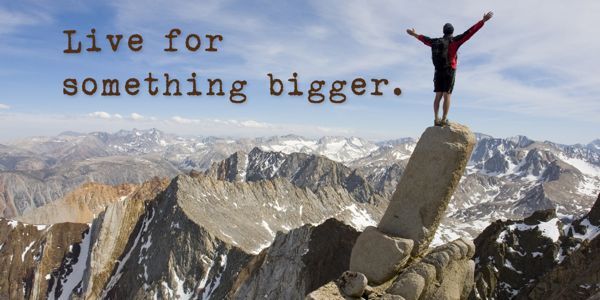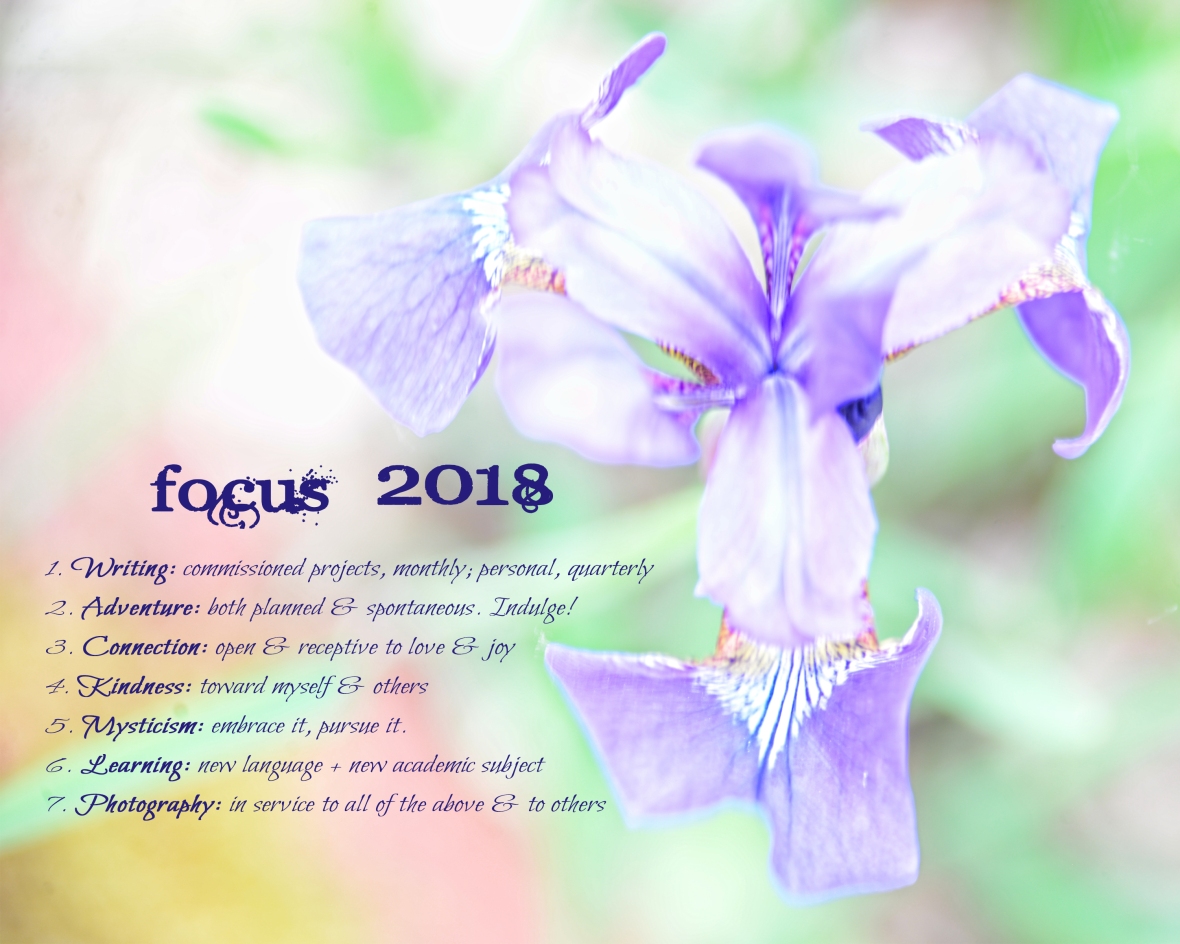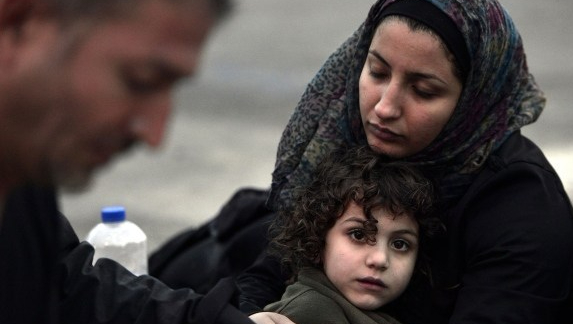
I am still working on Matthew 5:3. I’ve worked through “Blessed are the poor in spirit”, but what about “for theirs is the kingdom of heaven”? Again, Strong’s Concordance is my friend.
The phrase that is translated “kingdom of heaven” is “basileia ton auranon.” “Basileia” is the canopy of the sky and everything in it, i.e., the universe. “Auranon” doesn’t appear to mean literal land (a kingdom), but it means the power and authority to rule. So a literal translation might be “the authority to rule over the universe.”
“Filled with divine favor are you when you are spiritually impoverished, for then you have the authority to rule over the universe.”
This seems so Buddhist to me. It encapsulates the Four Noble Truths. 1) Life includes suffering. 2) The cause of suffering is clinging to our mistaken understandings, including that we are individuals. 3) Suffering ends when we empty ourselves of our mistaken beliefs. 4) We can achieve enlightenment by prayer (meditation), living authentically and ethically, and by developing wisdom.
Isn’t that what Jesus is saying?
1) Life is suffering = Feeling beaten down, abandoned, isolated;
2) We have a mistaken understanding = acknowledge our spiritual destitution;
3) Suffering ends = be made large with divine blessing;
4) Achieve enlightenment = With understanding, we become an partner in the entire universe.
And I remember that “blessed” is plural – this is a group activity. That brings to mind the response in Nineveh to Jonah’s (belated) proclamation of impending doom. “The people” believed Jonah, and immediately repented – everyone from the sheep in the field to the king in his palace fasted, wore clothes of mourning, and prayed. (Hey, I’m just repeating what the Bible says – don’t ask me how sheep pray. I suspect they do it far better than I.)
We, too, need to repent, to turn toward God and empty ourselves of false personas, as well as our ideas about what constitutes righteousness. We need to be open to the infilling of Spirit. Big breath, because that means I need not fear emptiness – rather, I should be happy to be an open vessel, and trust that Spirit will make me large with love, peace, and joy.
“You will be filled with the Holy Spirit, enlarged with divine favor, when you (as a people) empty yourself of false notions of spirituality and worldly striving, and then you will all live in a universe of love, peace, and joy.”
Maybe tomorrow I can move on to the next verse?


 Yesterday, as I was driving home, I came over a rise and there were the Cascades in all their sunset glory. Around me, multi-color leaves were sparkling in the amber light, and I said to myself, “What is more important than appreciating this?”
Yesterday, as I was driving home, I came over a rise and there were the Cascades in all their sunset glory. Around me, multi-color leaves were sparkling in the amber light, and I said to myself, “What is more important than appreciating this?”
 With the rise of social media, I’ve become concerned about the disregard for grammar and language exhibited by many Americans. Although spell check is possible with the push of a button, many posts and tweets are thrust into the public eye with glaring errors.
With the rise of social media, I’ve become concerned about the disregard for grammar and language exhibited by many Americans. Although spell check is possible with the push of a button, many posts and tweets are thrust into the public eye with glaring errors.

 If you’ve followed my blog at all, you know that every year, I create a FOCUS list.
If you’ve followed my blog at all, you know that every year, I create a FOCUS list. 